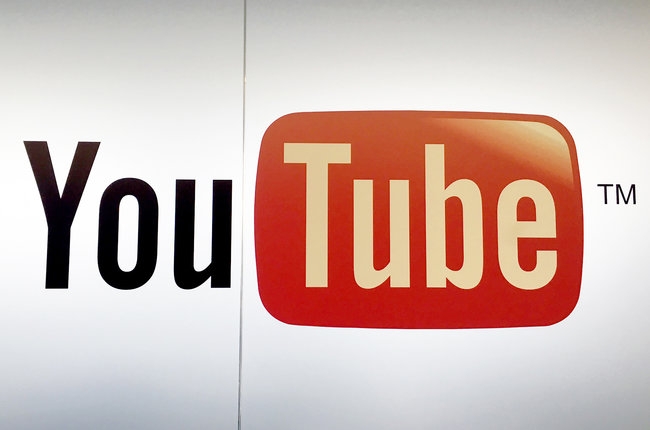A Google-commissioned report into how YouTube impacts on the wider music economy has—somewhat unsurprisingly—found that the hugely popular, yet much-maligned platform significantly drives sales and stops users from visiting pirate music services.
According to a European study carried out by RBB Economics, if music content was removed from YouTube around 85 percent of the time that users spend on the platform would switch to lower value channels, such as TV, radio or internet radio.
RBB claimed there would also be a significant increase in time spent listening to pirated content (up 29 percent), while only 15 percent of heavy users, defined as someone who watches more than 20 hours of music videos per month, would switch to higher value offerings like subscription streaming services. In the U.K., that number increases to 19 percent; in France it’s 12 percent.
The report also looked at data from Germany, where a long-running dispute between YouTube and performing rights society GEMA meant that a large volume of music content was not available on the platform for many years. That stand-off was resolved in Nov. 2016, but before-and-after analysis by RBB found that, in general, blocking on YouTube had no effect on a track's performance on streaming services.
To compile the study, entitled “Value of YouTube to the music industry, Paper I: Cannibalization,” RBB analyzed responses from a 1,500 person user survey, as well as data on YouTube views and streams on audio platforms of approximately 5,000 tracks in four European countries – Germany, France, Italy and the U.K - over a three year period. More papers looking at YouTube’s role in the digital marketplace will follow in the coming weeks.
"Our research examines the question of cannibalization and finds that in the absence of YouTube, most time spent listening to music would be lost or move to similar or lower value channels, including file sharing and piracy,” said Patrick Smith, partner at RBB Economics, in statement accompanying the report.
In response, music trade bodies poured scorn on the paper's findings.
"Google's latest publicity push once again seeks to distract from the fact that YouTube, essentially the world's largest on-demand music service, is failing to license music on a fair basis and compensate artists and producers properly by claiming it is not liable for the music it is making available,” reads a statement from IFPI.
“Services like YouTube, that are not licensing music on fair terms, hinder the development of a sustainably healthy digital music market,” claimed the international trade body, repeating its regular call for tighter regulation around safe harbour licensing.
“Rather than Google/YouTube’s ‘my way or the highway’ approach, where they say they can't behave as other digital music services do, legislative action is required to address the ‘value gap’ that is denying music creators a fair return for their work and investment so that the recent upturn will be sustainable for the long term,” concluded the unattributed statement.
Geoff Taylor, chief executive of U.K. labels trade body BPI also questioned the report’s findings, saying that, “despite its misleading headlines,” the study “reinforces the fact that YouTube is having a negative impact on revenues from recorded music.”
Referring to RBB data that suggests 19 percent of U.K. YouTube users would switch to a higher value service if YouTube didn’t show music content, Taylor says the industry is missing out on approximately £415 million ($535 million) each year. “Even if only half this number chose to subscribe, the shift would still make an enormous difference to the UK’s artists, songwriters and labels and to the growth of our digital music sector,” he stated, echoing IFPI’s call for government intervention around how YouTube licenses music.
“This patently unfair distortion in the digital content market must be fixed once and for all," argued Taylor, calling on "the U.K. Government and EU policymakers to clarify that online platforms must secure fair arms' length licenses for the content that they commercially exploit."








